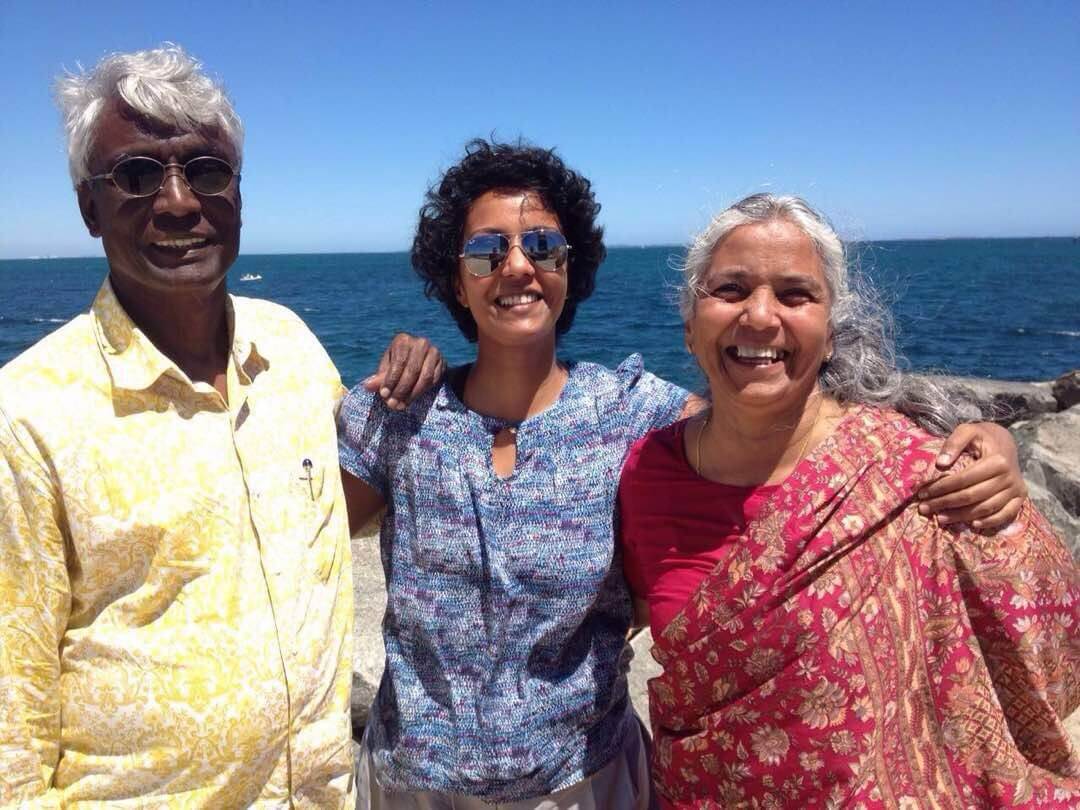In today's evolving business landscape, the traditional concept of corporate gifting is undergoing a meaningful transformation. More companies are shifting from conventional promotional products to impact gifting—the practice of giving meaningful, socially conscious gifts that directly benefit marginalised communities. This shift not only reflects a company's values but also fosters economic inclusion and sustainability.
The Power of Corporate Gifts with Purpose
Corporate gifting is no longer just a token of appreciation; it’s a reflection of a company’s brand ethos. With increasing emphasis on ESG (Environmental, Social, and Governance) standards, businesses are turning to ethical sourcing and sustainable production when choosing corporate gifts.
Impact gifting goes beyond aesthetic appeal or brand visibility. It offers a chance for corporations to support handmade products, preserve cultural traditions, and uplift underserved communities—all while aligning with sustainability goals.
Supporting Malaysian Artisans and Indigenous Makers
Malaysia is home to a rich tapestry of artisanal craftsmanship, much of which is preserved by indigenous and marginalised communities. By choosing handmade products, companies can empower these artisans economically and help preserve age-old techniques.
For example, Asli.co's Handmade Kuih Soap Set is crafted by Orang Asli women artisans using traditional methods and natural ingredients. These products not only tell a story of cultural heritage but also ensure fair income and dignified work for marginalised groups.
Sustainability and Environmental Responsibility
Large companies are increasingly expected to take responsibility for their environmental footprint. One of the simplest ways to integrate sustainability into business practices is through eco-conscious gifting.
The Eats, Shoots & Roots Seed Boxes are a prime example of this. These thoughtfully curated seed kits encourage recipients to grow their own herbs and vegetables, promoting local food production and reducing carbon footprints. Gifting items that encourage sustainable lifestyles reinforces a company’s commitment to environmental stewardship.
Creating Meaningful Brand Experiences
Gifts that carry social impact tell a powerful story—one that connects recipients to causes and communities. These gifts stand out not just for their craftsmanship but for the values they represent. Employees and clients alike appreciate gifts that reflect care for both people and the planet.
Consider Oililin’s Scented Candles, handmade in small batches with used cooking oil and scented powder. Beyond their aesthetic and sensory appeal, they support local artisans, save used cooking oil from being thrown down the sewer system and polluting the environment, and promote a slower, more mindful form of consumption.
Closing the Gap through Ethical Partnerships
Partnering with social enterprises or ethical brands like Earth Heir creates a supply chain that values inclusivity, transparency, and fair trade. These partnerships can play a critical role in reducing inequalities by creating consistent demand for goods made by underserved groups.
Incorporating impact gifts into a company’s procurement strategy also strengthens internal culture. Employees take pride in working for an organization that prioritises social good, which can lead to improved morale, retention, and corporate reputation.
Conclusion
Impact gifting is more than just a trend—it’s a responsible and powerful approach to corporate social responsibility. By choosing gifts that are handmade, sustainable, and sourced from marginalised communities, companies can contribute meaningfully to social equity, environmental preservation, and cultural heritage. In doing so, they demonstrate leadership not just in their industries, but in the broader movement toward a fairer, more inclusive economy.
References:
-
Earth Heir. Impact-driven artisan goods. https://earthheir.com
-
Global Reporting Initiative. Gifts and Corporate Social Responsibility. https://www.globalreporting.org
-
United Nations. Sustainable Development Goals – Decent Work and Economic Growth. https://sdgs.un.org/goals
-
Eats, Shoots & Roots. Grow your own food movement. https://www.eatsshootsandroots.org





